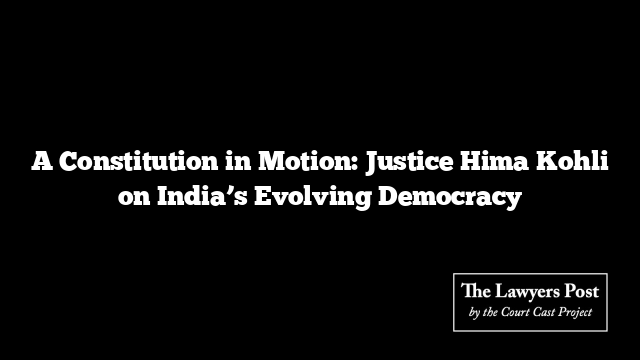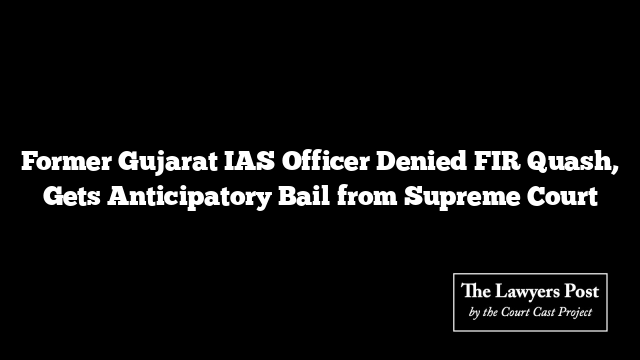At an event hosted by the Institute of Constitutional and Parliamentary Studies (ICPS), Justice Hima Kohli (Retd.), former Supreme Court judge, delved into the dynamic nature of India’s Constitution, emphasizing its adaptability in shaping and sustaining the country’s democratic journey.
Speaking on “The Constitution: A Living Document, Journey of Democracy, Challenges, and New Dimensions,” Justice Kohli highlighted how the Constitution has evolved alongside India’s societal, political, and economic shifts. She underscored that a living Constitution is not a static legal manuscript but a responsive framework that continuously adjusts to emerging needs.
Referencing the landmark Kesavananda Bharati case, she reiterated that while the Constitution is flexible, it remains safeguarded from arbitrary changes through the doctrine of basic structure. Judicial interpretation, she noted, has been instrumental in ensuring constitutional relevance, with courts applying principles like constitutional morality to align laws with fundamental rights and social progress.
She pointed to key judicial milestones, including the decriminalization of same-sex relationships under Section 377, the Sabarimala verdict promoting gender equality, and affirmative action policies. However, she also acknowledged the ongoing debate on reservations, questioning whether they have truly benefited the most disadvantaged groups. She advocated for a broader strategy encompassing education, skill development, and economic empowerment alongside affirmative action.
Justice Kohli also explored tensions within constitutional democracy, such as the balance between judicial independence and executive authority, federalism, and the interplay between fundamental rights and national security. She concluded by reaffirming the resilience of India’s democracy, urging vigilance in upholding constitutional values of justice, liberty, equality, and fraternity.
“The strength of any democracy lies not just in its ability to endure challenges but in its capacity to learn, reform, and grow through constitutional mechanisms,” she remarked, reinforcing the Constitution’s role as both a guardian and a guide in India’s democratic evolution.





